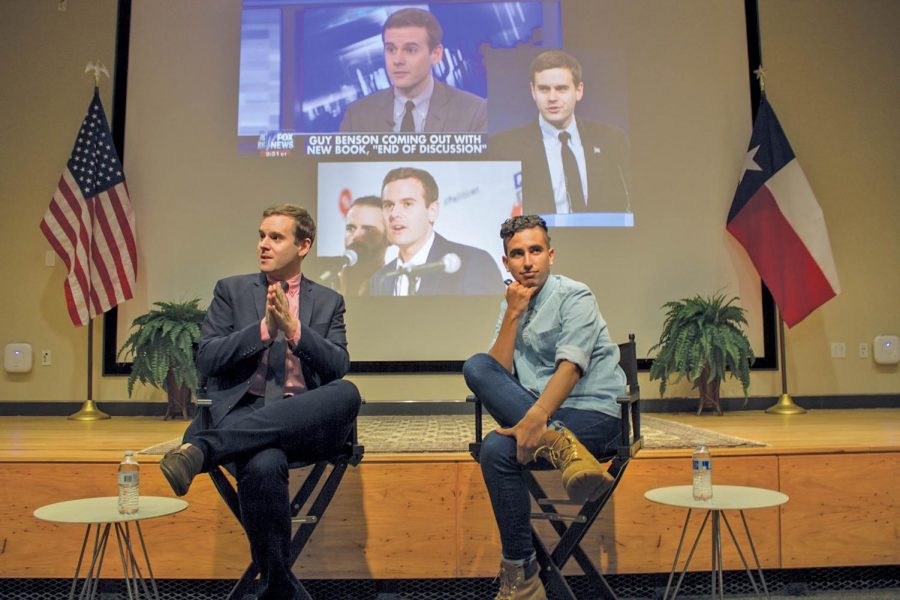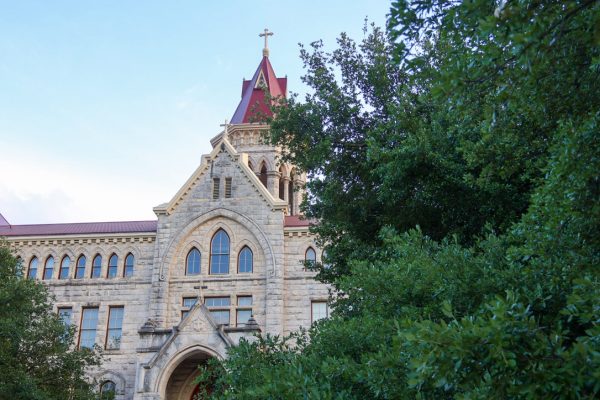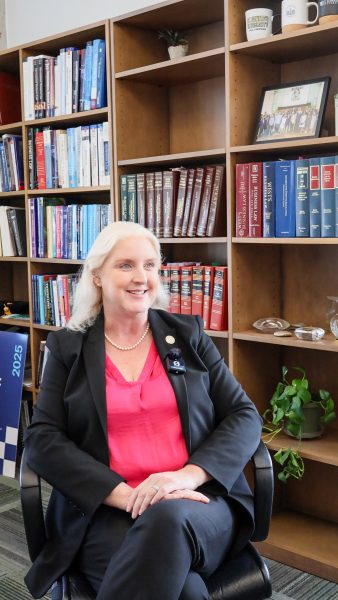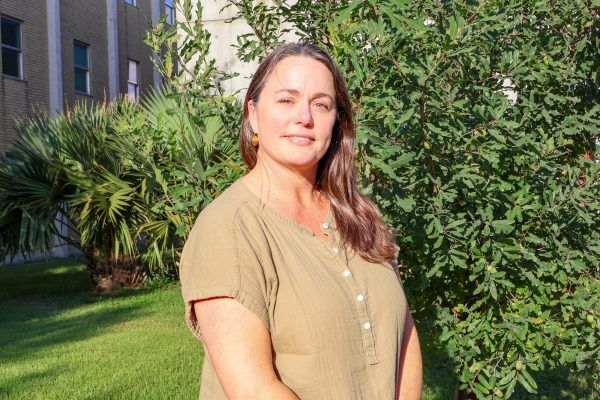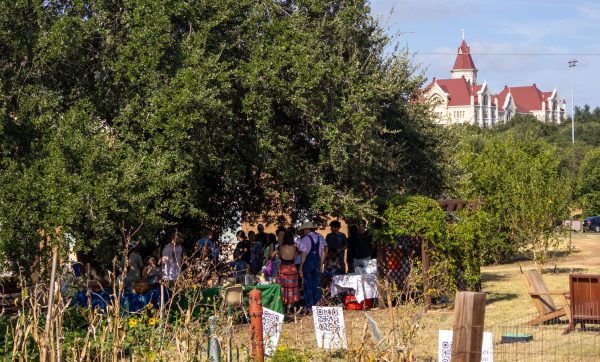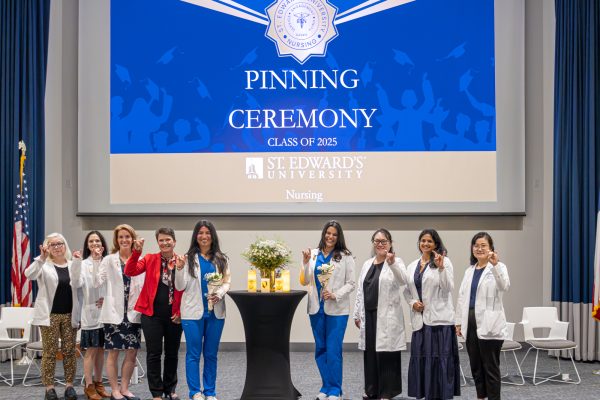Conservative, liberal media personalities engage in ‘civil dialogue’ in attempt to unite the politically divided
Benson and Marron broached several topics during their discussion, ranging from the value of debate to issues of identity.
Media personalities Guy Benson and Dylan Marron met to talk to and with students in Austin at the Belo Center for New Media at the University of Texas on Oct. 30. During an event hosted by the group New Politics Forum entitled “People First Politics: A Civil Dialogue with Guy Benson and Dylan Marron,” the two men discussed issues ranging from the viability of debate in the age of the internet to transgender bathroom rights.
Benson, a Fox News radio host and author of “End of Discussion: How the Left’s Outrage Industry Shuts Down Debate, Manipulates Voters, and Makes America Less Free (and Fun),” identifies as a conservative. Marron, a self-identified “lefty liberal,” hosts a podcast entitled “Conversations with People Who Hate Me,” in which he records and broadcasts telephone calls between him and posters of hateful internet comments.
The two media personalities began their discussion, which they emphasized several times throughout the event was not a debate, by weighing the viability of debate itself in reaching points of unity amongst people of different ideological and demographic groups.
“I really don’t believe in debate,” Marron said. “Debate is gamified conversation where there’s a winner and loser at the end.”
Much of the two men’s discussion centered around the limits of debate as it applies to issues of identity.
“Debating economic plans is worthwhile, debating whether or not trans people exist is not,” Marron said.
While both men agreed that there are “fruitful” and “unfruitful versions” of debate, Benson gravitated more towards affirming the power of debate to solve issues.
Concerning the national discourse on the rights of transgender individuals to use their preferred public restroom, Benson provided a conservative argument in favor of allowing that choice.
“Why are we getting the government involved to impose a rule on the populace to solve a nonexistent problem?” Benson asked rhetorically.
Both hosts introduced themselves by displaying examples of hateful posts and messages they had received online, mostly revolving around their respective ideologies and the fact that both men are gay.
Benson showed a tweet mentioning him in which the poster had swapped the letter ‘u’ in his first name for an ‘a.’
“What I really admire about this tweet is its ingenuity,” Benson remarked to the laughing crowd.
Jokes such as this were common throughout, as Benson and Marron sought seemingly to display to the crowd that simple dialogue can be a means of unification.
Following the main discussion, the organizers allowed two previously selected students at the Moody College of Honors, a co-sponsor of the event, to ask questions to the guests. One of those students, Myah Taylor, asked about the “anger” that she said characterizes much of the partisan discourse in the United States.
“I think we rely too heavily on anger as a staple of our political diet, to the point that it’s unhealthy,” Benson replied.
Following the event, Taylor observed that the goal of civility can be more difficult to achieve than Marron and Benson made it seem.
“In reality, it’s a lot harder to actually be civil about things,” Taylor said in an interview with Hilltop Views. “I think this was good, but not really a reflection of what goes on.”


